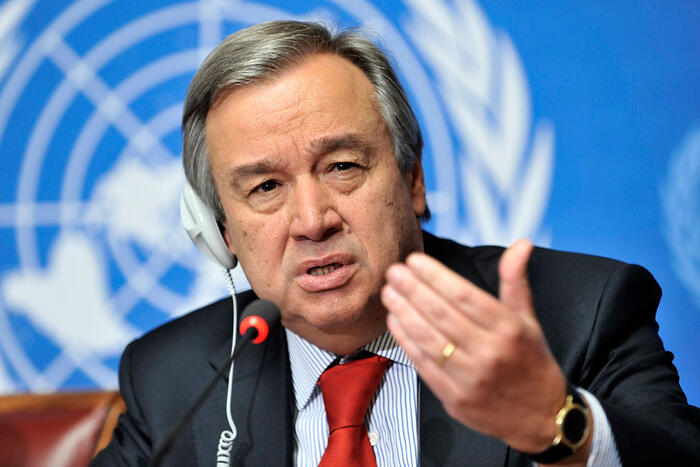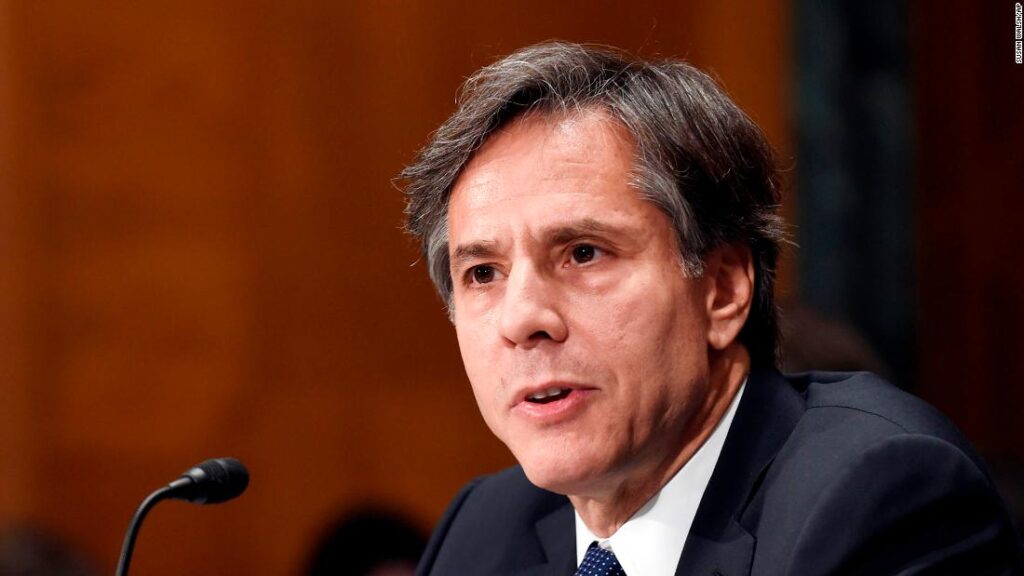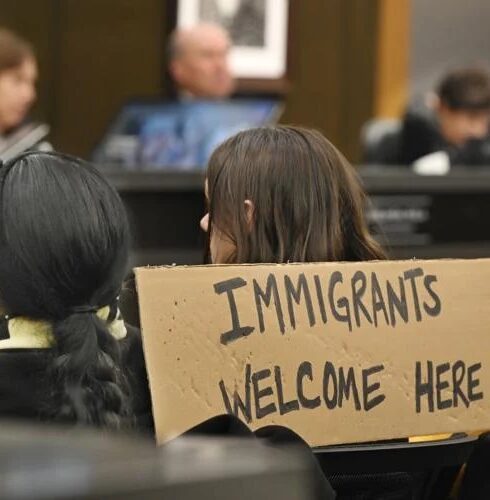The United States recently released a statement in which it stated that “it stands with the more than 200 million survivors of female genital mutilation and cutting (FGM/C) around the world in a posture of “zero tolerance” for the practice”.
In 2012, the UN General Assembly designated February 6th as the international day of Zero Tolerance for Female Genital Mutilation. A United Nations day designated to amplify and direct efforts on the elimination of the practice of female genital mutilation (FGM).
FGM refers to all procedures that involve altering or injuring the female genitalia for non-medical reasons. However, FGM stands for more than a medical procedure that inflicts temporary pain and suffering. FGM is a severe violation of human rights of women and girls.
FGM is a human rights violation that results in physical and psychological consequences that women and girls have to deal with for the rest of their lives. It also denies sexual pleasure, arousal, lubrication, orgasm and satisfaction to millions of women as it is presumed to take away excessive libido.

Around 1 in 4 girls and women, or 52 million worldwide, have experienced FGM, performed by a health personnel pointing to an alarming trend in the medicalization of FGM.
Although primarily concentrated in 30 countries in Africa and the Middle East, FGM is a universal problem and is also practised in some countries in Asia and Latin America. Female genital mutilation continues to persist among immigrant populations living in Western Europe, North America, Australia and New Zealand.
Even in the U.S, the Center for Disease Control and Prevention in 2020 estimated that more than 510,000 women and girls in the country have had female genital mutilation or are at risk of it.
Kudos to America though, a bill was passed “The Stop Female Genital Mutilation Act”. The bill clarified a commercial nature of female genital mutilation and provides for a strong penalty of 10 years for those who carry out this heinous procedure. In 2013, Congress amended the federal FGM statute, 18 U.S.C. § 116, to prohibit taking a girl out of the United for the purpose of performing FGM. In 2021, the STOP FGM Act 2020 was signed into law, strengthening the law by expanding the scope of punishable acts, further aligning the U.S. definition of FGM with the World Health Organization’s definition, and increasing the maximum penalty. Violations of this law may result in imprisonment and potential removal from the United States.
Recent years have seen some positive development in a lot of countries in the fight to end FGM. Of the 92 countries where FGM is practiced, 51 countries — including 28 African countries — now have specific legal prohibitions against the practice. Most recently, Sudan made the landmark move to criminalise FGM in April 2020; a major milestone as Sudan has historically had the highest prevalence of FGM of any country in the world.
America to its credit has been a vocal champion in the fight to end FGM. Just recently the U.S. Immigration and Customs Enforcement’s (ICE), Human Rights Violators and War Crimes Center (HRVWCC), the FBI’s International Human Rights Unit (IHRU) and the Department of Justice’s (DOJ) Criminal Division’s Human Rights and Special Prosecutions Section (HRSP) also joined national and international law enforcement partners and non-governmental organizations in recognizing the International Day of Zero Tolerance for Female Genital Mutilation (FGM).
In addition to the statement put out by U.S. Secretary OF State Anthony Blinken, these federal agencies all released statements of their own in condemning the FGM practice and expressed their willingness to collaborate with countries where the practice is still prevalent to find ways to help curb it.
Secretary Blinken in his speech also said The United States will give a $5 million annual contribution to the UNFPA-UNICEF Joint Programme on the Elimination of Female Genital Mutilation and will continue to work towards eliminating FGM/C wherever it occurs, in partnership with survivors, locally led women’s organizations, and youth-led groups and networks.

In December 2016, several NGO’s such as Equality Now, Safe Hands for Girls, The United States Institute of Peace and the US Network to End FGM/C came together to host the first-ever End Violence Against Girls Summit on FGM/C in the US, with generous support from the Human Dignity Foundation and the Wallace Global Fund. The event sought to encourage a multi-sectoral approach to ending female genital mutilation/cutting (FGM/C) by bringing together subject matter experts from across sectors and continents. The collaboration among these organizations working to promote peace, protect girls’ human rights and elevate survivor voices was natural and strong.
That coalition have been lobbying the U.S government ever since to use its influence in helping stop the practice of FGM worldwide. The Summit invigorated and deepened the dialogue around ending the practice worldwide by 2030 and spurred synergy and collaboration that will hopefully continue to expand and enhance collective efforts of FGM/C survivors, activists and policymakers.
This year, the UNFPA-UNICEF Joint Programme on the Elimination of Female Genital Mutilation; Delivering the Global Promise launched the 2023 theme; “Partnership with Men and Boys to transform Social and gender Norms to End FGM”.
There’s a growing awareness now that the male folk speaking out against FGM will rapidly help in curbing the practice. Sadly though, as important as this issue is, a good number of men in the countries where it’s been practiced the most hardly speak out or pay lip service to it at best.
Although the practice has been around for more than a thousand years, there are reasons to think that female genital mutilation could end in a single generation. One thing is obvious though, the fight to end female genital mutilation is one that requires the engagement of everybody, otherwise the goal to end the practice worldwide by 2030 will be another pipe dream.






